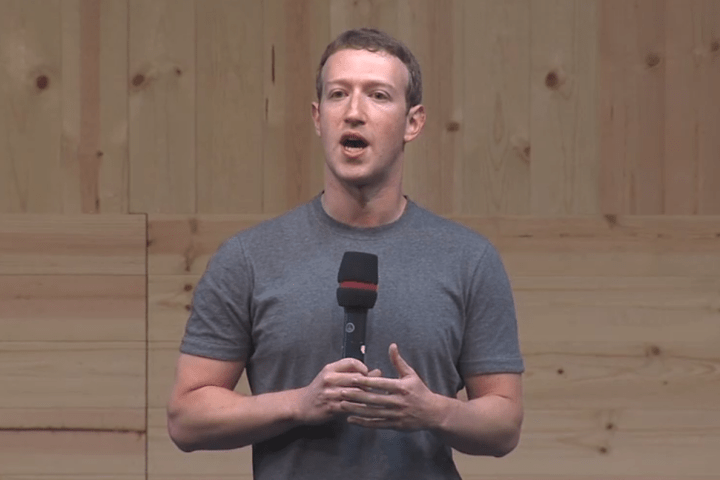
In the live-streamed Q&A, Zuckerberg’s first question was about whether his company has discussed the addition of a “Dislike” button. In short, he said Facebook thought about it but decided it wasn’t the right thing to do.
“The ‘Like’ button is really valuable because it’s a way for you to very quickly express a positive emotion or sentiment when someone puts themselves out there and shares something,” Zuckerberg explained. “And, you know, some people have asked for a ‘Dislike’ button because they want to be able to say, ‘That thing isn’t good.’ And that’s not something that we think is good for the world. So we’re not going to build that.”
He went on to add that he doesn’t see a need for a voting mechanism to signal the quality of a post. “I don’t think that’s socially very valuable or good for the community to help people share the important moments in their lives.”
However, Zuckerberg acknowledged there are scenarios where the “Like” button doesn’t work – for instance, when someone shares a sad moment in their life. “So one of the things that we’ve had some dialogue about internally and have thought about for quite a while is what’s the right way to make it so people can easily express a broader range of emotions – to empathize or to express surprise or laughter or any of these things,” he said.
Hear that, emotionally suffocated Facebook users? The social network is listening, so don’t be surprised if you see an “LOL” or “Amaze” button appear on your Facebook News Feed sometime in the future.
Editors' Recommendations
- How to set your Facebook Feed to show most recent posts
- You can now use the Add Yours sticker on Reels for Facebook and Instagram
- Deepfake or fake news? Zuckerberg says Facebook might treat them differently
